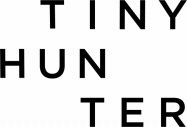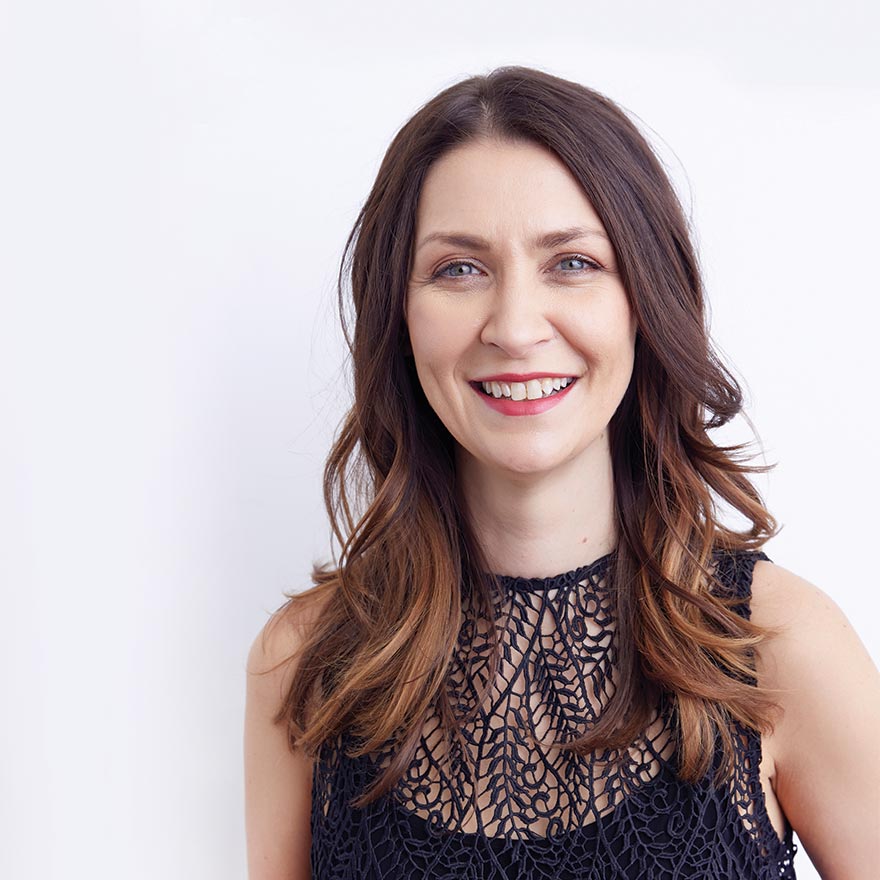Winning on the supermarket shelf
Powerchat with Jean-Yves Heude – Jean-Yves is an FMCG mastermind with 25 years in blue chip FMCG companies globally, including 5 years as CEO of Kellogg’s ANZ and head of strategy across Asia-pacific. We dig into the ever-evolving and volatile world of FMCG and how to win on the supermarket shelf.
Branding Before Breakfast Ep 109 Winning on the supermarket shelf
JODIE: Today, I’m speaking with Jean-Yves Heude. Jean-Yves is an FMCG mastermind that we have collaborated with on many projects at Tiny Hunter. He spent 25 years in blue chip FMCG companies globally, including 5 years as CEO of Kellogg’s ANZ, and head of strategy across Asia Pacific. What does this mean? It means he has serious superpowers, especially when it comes to negotiating with the big guns. And by that, I mean Woolies and Coles.
Jean-Yves has been harnessing his impressive background experience for the past 9 years in his own business, Chessmate Consulting, to guide local family businesses through the ever-evolving and volatile world of FMCG in a very pragmatic way. Originally from Europe, but now an official Aussie.
Today we’re digging into current market trends and how to win on the supermarket shelf. So, Jean-Yves, let’s get straight into what you see as the biggest challenges in FMCG right now. Especially with the shifts that COVID has brought to the industry.
JEAN-YVES: Hi Jodie, yeah, that’s a real good question.
Actually during COVID time, people in FMCG and everyone working with supermarket had a pretty good time. Because there was no inflation, and a lot of people were eating more from supermarket because they are not going to restaurants.
Now, we are after (kind of) COVID. It’s a completely different picture, and most companies, if not all of them are really facing two big challenges. The first one is volume, and volume meaning that anything you can try to import from abroad or you export, has got a lot of challenges. Because you’re never too sure when you’re going to receive your ingredient, or packaging, or stuff like that. So, you’re living in a world, where planning for volume, and selling is very difficult. And at the same time, we’re also facing probably one of the most incredible and unprecedented inflation.
A good example is a container. A container, 3 years ago was about $1,000-$1,500 to bring something from China or Asia. Now, it’s between $9-10,000 dollars. In front of that, I mean, most companies have to consider price increase. And when it comes to price increase, as everybody knows, it’s always a big, big challenge to get your price increase accepted by the big retailers, specifically Woolies and Coles. But again, what I know is, there are tactics that they are using. Tactics have been importing from Europe, and there are ways to get through that.
JODIE: So, with these pressed pressures in FMCG, which I guess, you know, there are a lot of pressures where we’re not talking about COVID, or post COVID. What role do you see brand playing? And how important is it with the pressures that FMCG brands face?
JEAN-YVES: At the end of the day, the number one key success factor remains the brand itself.
The fact that the brand is very well positioned, it’s actually quite relevant and unique. And that’s the two elements that define the strength of a brand. Relevant being what? Meaning, that it’s on trend and consumers are interested in the offer. But it has to be unique as well, because if what you’re doing is what consumers want, but you’ve got five or six competitors, having pretty much the same type of product and offer, then you’re immediately in a very big price battle and it’s difficult to win. So, the brand is actually always the number one thing that makes you win. A company starting from nothing have been able to fight and to win even against the big multinational. What other famous example being a… Red Bull. One guy started on his own, 25 years old and with limited experience and he’s been able to take on the big Coca-Cola and Pepsi. And win for the brand is the answer.
JODIE: It’s great to hear that example of Red Bull. Who we now see as such a huge brand, but you know, it really shows that idea in terms of SMEs, I guess is it possible for them to look out there and see the big guys and then create their brand or evolve their brand so that it can help them win when it’s such a tough and shifting environment?
JEAN-YVES: Most people think, that to win in this industry, you need a lot of million that you put in advertising. It’s actually true, because if you have a big company and a big brand, but this brand is not well-defined and well-positioned you can’t put millions on the table, it’s not going to move the needle. But if you have the right positioning, and you invest with what I call, a concept that I’ve been working with, is the profitable marketing. Meaning, that marketing is not about spending money and throwing money out of the window, it’s about putting the money at the right place and progressively, as you grow. And there are absolutely ways to do it, and we see that in the market and it works. So, yes, absolutely SMEs can work and can win even though they are facing big competitors sometimes and also big retailers.
JODIE: Brilliant. Well, that is good news for the SMEs out there. So, to close off, I’d really love if you could give one piece of advice, so if there’s FMCG brands out there that are struggling, they’re doing it tough. If you could give them one piece of advice, what would it be?
JEAN-YVES: A lot of people tend to go immediately to price promotion, because price promotion is a way to get volume. You know, where you buy volume but it’s not a sustainable model. And the reality is, you might get a little bit of volume, but very quickly, you dilute your margin in such a way that ultimately, you’re going to destroy your business. But fundamentally, what you need to do is go back to your brand. The brand is your number one asset. So, what you need to do is to make sure this brand is still very relevant and unique today. So really, the number one thing to do is to reassess your brand. And to do that is absolutely essential to talk to consumers.
Quite often, I see people talking to themselves. They do in meetings, internal meetings, and the thing that they’re going to find what consumers think. You know, you need to talk to them. Now, reassessing your brand making sure it’s really strong by talking to consumers, that’s the way to get through a big storm and a difficult time.
JODIE: Brilliant advice. I love that, especially the reminder that brands should not be talking to themselves. They need to get out there and talk to consumers because it sounds kind of obvious when you say it like that, but a lot of people do make that mistake. Thank you so much for sharing your wisdom with us today. We really appreciate it.
JEAN-YVES: Thank you. Thank you very much for having me.








